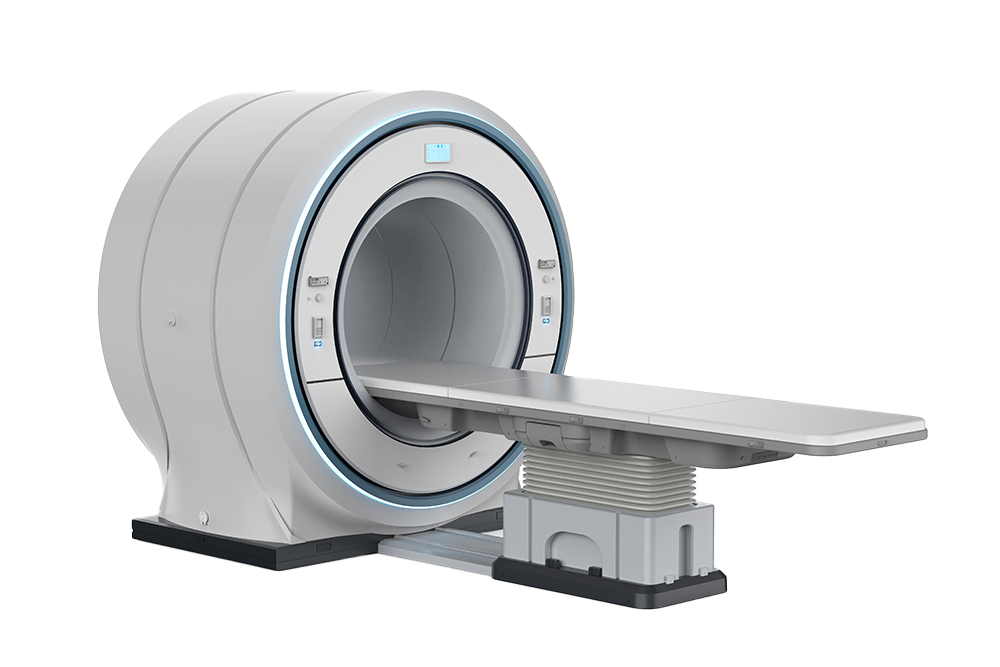About Lori
Lori Carr, RAC (US), CQA (ASQ), RABQSA
President and CEO of Lori A. Carr, Inc., is a Principal Consultant in the Medical Device regulated industry.
Lori has more than 30 years experience in the medical device industry. She was a Medical Device Specialist FDA Investigator in both the Cincinnati and Denver District Offices of FDA. She conducted international and domestic inspections of medical device facilities (including Bioresearch) and trained FDA Investigators in conducting medical device inspections.
As an FDA regulatory compliance consultant, Lori has performed numerous quality assurance audits for medical device companies and clinical sponsors. She has created and implemented Quality Management Systems and provided guidance on quality, regulatory, and compliance issues throughout the world. Her clients include companies that have received FDA Warning Letters, are under FDA injunction or have had product seized by FDA, or are seeking FDA approval/clearance for marketing their products in the United States.

Medical Device Specialist
In her capacity as a Medical Device Specialist, she conducted numerous domestic and international inspections to ensure compliance with applicable FDA regulations including routine GMP, Pre-market (PMA), 510(k), and directed inspections from the Center of Devices and Radiological Health (CDRH) while working in both the FDA Denver and Cincinnati District Offices.
Lori earned a Bachelor’s Degree in Chemistry from Xavier University and was a 2005 graduate of the federal government’s Office of Personnel Management Leadership Development Class.
In 2010, Lori obtained the U.S. Regulatory Affairs Certification (RAC) from the Regulatory Affairs Professionals Society (RAPS) and the Certified Quality Auditor (CQA) certification from the American Society for Quality (ASQ). In 2014, Lori obtained the ISO 13485:2003 Principal Auditor Certification from Exemplar Global (RABQSA), with an update to ISO13485:2016.
In 2018, Lori added the MDSAP (Medical Device Single Audit Program) and EUMDR Certifications to her repertoire of auditing competencies.
FDA Medical Device Regulations…
Get It Right the First Time

Medical Device Services
We assess the current state of FDA Medical Device Compliance of your manufacturing and established Quality System with respect to the Federal Regulations.

Special Services
We are available to assist clients with special projects that require expert experience.

Training
Based on our extensive training experience in the FDA Medical Device space, we are available to assist clients with training opportunities.
Ask us about your projects
If you would like to contact us about helping with your current Quality/Regulatory project, please complete the form below.
Step in the Right FDA Direction
Quality System Assessment
FDA and Quality Activities
Compliance Remediation
Latest News
Some bats eat a ton of sugar and have no health woes. Are there lessons for diabetes?
Studies of fruit bats may shed light on human diabetes: Fruit- and nectar-eating bats’ blood glucose levels rise when they consume sweet fruits and flower nectars; however, blood sugar levels quickly return to normal, and bats do not develop diabetes. Scientists have discovered that fruit bats have more insulin-producing pancreatic cells than their insect-eating cousins, and have genetic differences that appear to influence how quickly their bodies process sugar. The findings may lead to new treatments for diabetes.
The mysteries of inflammatory bowel disease (IBD) are being cracked — offering hope for new therapies: Advances in understanding the causes of the autoimmune disorder could aid in matching people with the right treatment.
Preliminary research offers hope for IBD (Inflammatory Bowel Disease) patients: Recent studies have revealed important insights into inflammatory bowel disease, including the identification of a gene involved in immune system regulation that may worsen IBD, the discovery of autoantibodies that inhibit anti-inflammatory proteins, and the detection of bacteria in stool samples of IBD patients that could predict disease severity. Immunologist Gabriel Nunez cautions that these studies are preliminary and may only benefit a few IBD patients, but even that would be significant progress.
Brain implants to treat epilepsy, arthritis, or even incontinence? They may be closer than you think: Startups around the world are engaging in clinical trials in a sector that could change lives – and be worth more than £15bn by the 2030s
Brain implant dramatically reduces seizures: Oran Knowlson, a teenager with Lennox-Gastaut syndrome, has experienced an 80% reduction in his daytime seizures after becoming the first person to trial a new brain implant called Picostim, which delivers constant electrical signals deep into his brain to block abnormal brain impulses. The latest generation of neural implants not only decode but also regulate brain activity, offering promising treatments for a wide range of conditions including epilepsy, Parkinson’s and brain cancer.
Using AI (Artificial Intelligence) and brain implants, researchers reconned ALS patient with their lost voice
AI (Artificial Intelligence)software, brain implants restore patient’s voice: Researchers have restored the voice of a patient with amyotrophic lateral sclerosis using a brain-computer interface implant and AI-driven text-to-speech software. The study, published in the New England Journal of Medicine, showed the approach achieved an accuracy rate of more than 97% in translating brain signals into speech.
Investors shrug off drug price talks’ effects
Investors unshaken by Medicare’s drug price cuts: Investors have remained calm despite Medicare negotiating a 22% reduction in net spending on some top-selling drugs, with the pharmaceutical industry expected to manage the impact without disruption to profits or drug development. “It’s not surprising to me that the markets haven’t come crashing down, because I think this process was not set up to bankrupt the pharmaceutical industry,” said Aaron Kesselheim, physician and attorney at Harvard.
The Taliban ‘took my life’ — scientists who fled takeover speak out: Researchers from Afghanistan who found sanctuary around the world following the Taliban takeover in 2021 are struggling to settle in
Scientists who fled Afghanistan try to settle into new lives: Clinical scientist Shekiba Madadi left Afghanistan after the Taliban took power and began suppressing research and oppressing women, and she is now in the United States pursuing a medical degree and working at a private cardiac treatment center. Another female scientist, who asked to remain anonymous to protect her family in Afghanistan, says that the Taliban took away her life, and despite facing severe limits due to her nationality, she was able to obtain a position in fetal medicine in the US and organizes virtual training sessions for young women who have been blocked from medical schools in Afghanistan.





